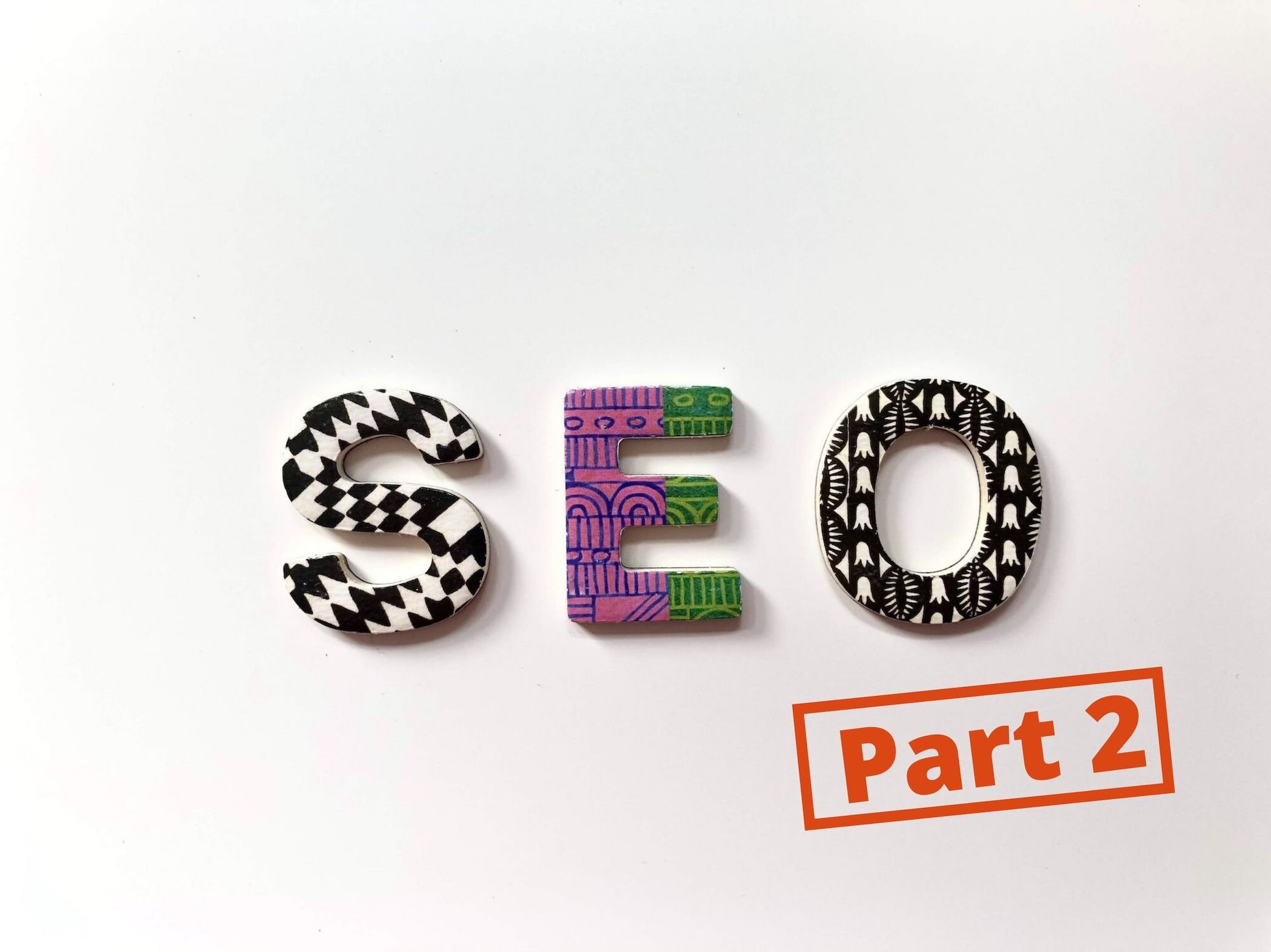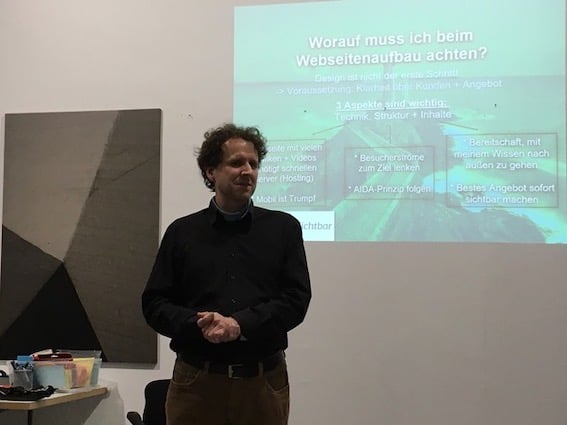Get your podcast out of solitary confinement

We now want to look beyond the horizon and see your podcast as one of many ways to get to you and your offer. Your podcast is not an isolated project, but one of several paths for your listeners - in other words: your potential clientele.
Further parts of the series “Podcast marketing with SEO - Strategically increasing reach”
How does podcast SEO work?
The important thing is to look at your potential audiences’ behaviour. This not-yet-hearing audience usually feels the need to be either informed or entertained. Now there are experienced searchers who click through the offer with the help of best-of-lists or charts. But if you have a podcast with little reach, you certainly won’t show up here - and so you will remain hidden even if you have the most ingenious content that would fit the search intention perfectly.
Most users, however, simply use a search engine - the vast majority of which use Google & Co. Only advanced users research their favourite podcast app.
Speak your customers’ language - determine search terms
Long before starting a new episode, you should think about the episode’s name and description: A podcast episode, just like a blog post, an image or a video, offers the opportunity to present yourself to your target group. The information you provide there is not only relevant for Apple and Co., but also helps Google to sort you into the search index for exactly these topics.
This is where key search terms - or keywords - come into play. If you use them correctly, they will help you to be found more easily in a podcast app or web search. The clearer your idea of your target group, the easier it is to find the right topics, terms and questions that are entered in the search - and the easier it is to be found. A professional “keyword analysis” is the core of every search engine optimization, and this also applies to podcasts.
Your website - build a bridge for Google
Podcasters are usually also reliable content producers. That’s wonderful, because we simply use your skill and diligence to get preferred treatment from Google. While your audio content isn’t searchable per se, there are several ways to make it textual (sometimes semi-automatically) so that it helps you massively improve your visibility.
Writing your podcast episodes using your website has many other advantages:
The problem with the Shownotes
As a podcaster you probably know them: the Shownotes. These are information accompanying a podcast, such as a short summary, further links or a request to take up an offer.
But where is the catch?
Shownotes are a nice thing, they are displayed in podcatchers like Apple’s Podcast app. Usually you will find links to the website, etc.
So these short notes can be easily integrated into a website, so you become potentially findable for all Google users … so much for the theory. In practice shownotes are often not present for people who don’t know the podcast yet.
The reason is simple: Shownotes typically lack the core elements of high-quality, high-performance content.
The Shownotes …
Use your preparation - mind maps and manuscripts
There are different ways to prepare for a podcast: It is not uncommon for written notes to be made in advance of the podcast recording. These documents are ideal for creating your own professional article to accompany the podcast. Some podcasters prepare a written manuscript which already contains the findings of the analyses. Not every podcast format is equally suitable for this purpose, but this procedure offers the possibility of recording a podcast that is already very close to the written language. Thus, a finished, easily readable text is almost available. This saves valuable post-processing time.
So much for part two of our series on podcast SEO. In part one, we looked at the basics of podcast SEO - and next week in part three, we’ll be focusing on transcripts and how to use them.
About the author
Lars Stetten studied psychology and is a computer scientist. He has been dealing with the topics of online marketing and especially search engine optimization for over 10 years. His motto is: “I have 2 things in common with Google - I am almost blind and love to analyse websites”. As an audiophile, he has been using podcasts for many years and is closely observing the market. Since 2018 he is a freelancer and offers - among other things - a special SEO package for podcasters.
